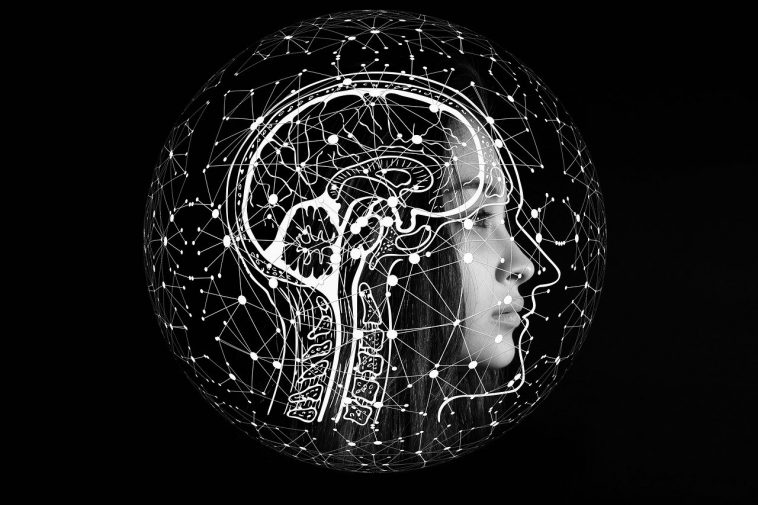Africa stands at a pivotal moment to shape the future of work as large language learning models (LLMs) evolve and the application landscape remains nascent. This insight comes from the “AI and the Future of Work in Africa” whitepaper, produced by Microsoft in collaboration with industry experts from across the continent.
Presently, nearly one billion Africans are under the age of 35, with projections indicating that by the end of the century, Africa will host almost half of the world’s youth population.
This demographic will constitute a significant portion of the future global workforce. Currently, up to 12 million young Africans enter the labor market each year. However, a report by the International Labour Organisation highlights that more than 20% of these young people are neither employed, nor engaged in education or training.
“We foresee a significant role for generative AI in not only transforming work environments but also in creating opportunities for the youth to generate jobs, innovate, and drive economic growth and stability across the continent,” states Ravi Bhat, Chief Technology and Solutions Officer at Microsoft Africa.
The whitepaper suggests that many anticipate generative AI to significantly alter knowledge worker jobs, particularly regarding the type of work performed, the skills needed, and the outputs produced. Research from McKinsey indicates that generative AI (GenAI) could enable labor productivity growth of up to 0.6% annually through 2040, contingent on the rate of technology adoption and the redeployment of worker time into other activities.
“Generative AI has significant potential to advance human capabilities,” says Jacki O’Neill, Director at Microsoft Research Africa. “As more people across Africa gain access to GenAI tools via their internet-enabled devices and more affordable data, the barriers to access are being reduced, and opportunities for skilling can increase.”
“It is not only information workers who stand to benefit from GenAI,” O’Neill adds.
The potential of GenAI to transform industries such as agriculture, healthcare, and services must be balanced with equipping the youth with the necessary skills for an AI-disrupted labor market to ensure they are not left behind in this technological shift.
Therefore, it is crucial to develop skills across a broad spectrum, from deploying and using GenAI tools effectively at work to building appropriate and innovative applications and technologies on top of these models. This includes post-graduate skills in research and innovation in machine learning, natural language processing, human-computer interaction, cybersecurity, and systems, among others.





